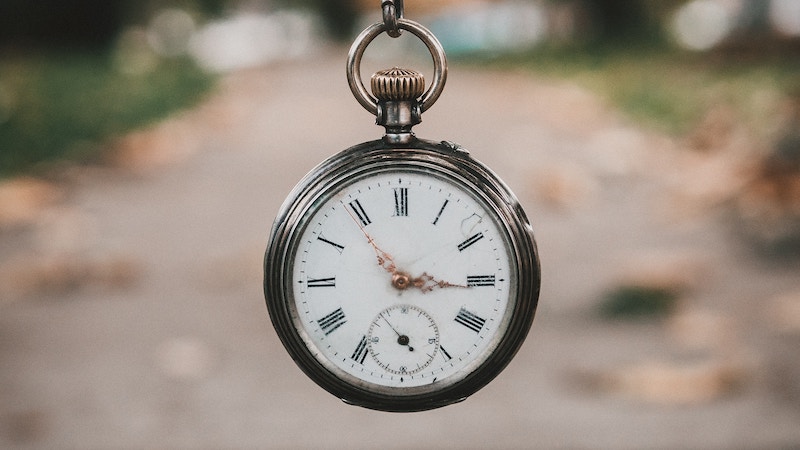Master Your Reminders: Free Your Working Memory
Episode #7 of the course Master your time: The secret to being insanely productive by John Robin
Welcome back to Master Your Time!
I hope that after yesterday, you’re considering the impact of reducing commitments and how to conserve your batched focus time.
I also hope you’ve tried using reminders. These are just as critical as managing your own focused time.
Free Your Working Memory
You might have noticed the following problem when trying to batch your work time to hit four to six ultradian blocks:
You feel like everything else is piling up. For example, I run several businesses and oversee more than ten people. At any time, there are several things in the pipeline.
What’s happening here?
Actionable tasks are eating up our working memory.
Working memory is the medium-range memory of we all possess. Think of it as the memory that lets you hold everything in your head for a given task. If you were juggling 20 balls in the air, your working memory is your awareness of what each ball is doing and what hand/body motions you have to coordinate to keep the balls afloat.
When you hone your focus for each period of 25 minutes, the freer your working memory is to focus on what you’re doing, the sharper your focus, and hence, the more productive you’ll be.
If you have to think about all the loose ends and worrying that you won’t get them done, each and every thought you have during the 25 minutes that you are focused also eats at the thoughts you could otherwise redirect to concentrate on a different task you are trying to achieve.
Remember, this is a meditation, and in the spirit of meditation, the object of awareness is the focus objective.
Right now, for example, I am 100% focused on writing this course. I have numerous other irons in the fire, but they’re not distracting me and eating up my working memory right now because they’re tamed by my reminders system.
Master Your Reminders
For anything that requires a decision, create a reminder. I mentioned the Reminders app, but you can achieve the same with handwritten lists if you prefer. The reason I use the app is that it saves me having to rewrite repeatable tasks. For example, “vacuum/sweep” repeats every week on Saturday.
The Reminders app is also on my phone, on the first screen I see when I pick it up, and I’ve trained myself to pore over it in my free time. I usually have very little time to do anything on it, which forces me to only do the most important things and ignore those things that are less important and less urgent that I’d love to do but realistically, just can’t.
It might seem ridiculous to make reminders for absolutely everything you have to do, but when your time is 100% yours to manage, you must set limits for your own sanity and personal wellbeing.
When you’re finished a difficult day of six ultradian blocks, I guarantee that you’ll be exhausted! Being able to just relax and not have to worry about anything else is crucial.
Knowing that anything else you might need to do is all in an organized list in one place gives you peace of mind that you’re not forgetting the many “pressing” things that don’t need to be done right away.
As urgent as it might have seemed to organize your cluttered desk, that’s secondary next to the more critical “pay bills” reminder that forces you to just grab the bills from the desk and make sure they’re paid on time.
The Reminders app also lets you create multiple lists to organize your tasks. I have one for each of the main areas of my life:
• personal
• chores
• social
• business
The social category is especially helpful. While coming up for air one night, I realized that Mother’s Day is coming, so I made a reminder to “get Mom a gift” to ensure that I get something in the mail in time. Now I can be busy and immersed and not worry that I’ll forget.
Absolutely anything and everything that must be done exists somewhere in these lists, so when I’m enjoying the 80% of my free time, I can chip away at these while enjoying freeflow (a concept I’ll talk more about tomorrow).
Takeaway
Reminders help you tame actionable tasks that eat at your working memory. This sharpens your focus when you are committing to focused work. They also help you enjoy your 80% of free time more and streamline the time you do spend on actionable tasks to the bare basics.
Your homework: Get the Reminders app and start building your reminders system today!
Tomorrow, we’re going to talk more about the 80% free space, especially how to get the most out of it so you can avoid another larger-term problem: burnout.
Recommended book
First Things First by Stephen R. Covey, Roger A. Merril, and Rebecca R. Merrill
Share with friends

